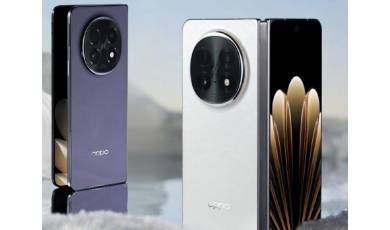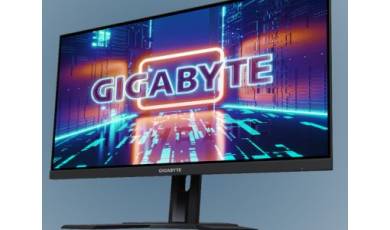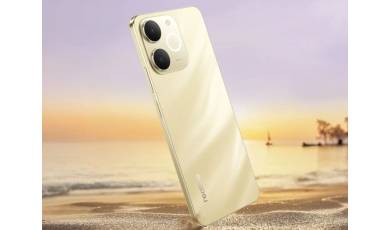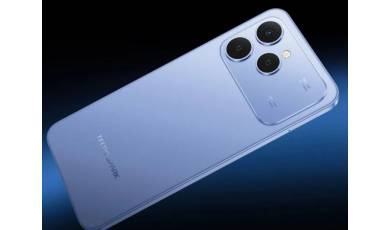Huawei T8830 G309 specs.
Mobiles >> Huawei >> Huawei T8830 G309| Specifications | Reviews | Secret codes |
| Unlock phone | Root phone |
| Backup | Flash Firmware | Screenshot |
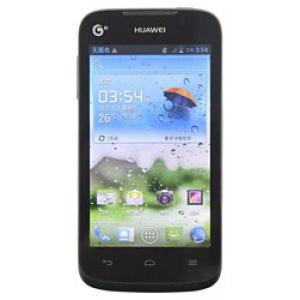
Basic Spec Huawei T8830 G309
Type:
smartphone
Band:
GSM 900, GSM 1800, GSM 1900
Platform:
Android
Smart Phone OS: An operating system (OS) is software that interacts between a user and a smartphone.
An operating system (OS) is software that interacts between a user and a smartphone.
Android 4.0
Processor:
MediaTek MT6515
Number of processor cores:
1
CPU frequency:
1 000 MHz
GPU: Graphics Processing Unit
Graphics Processing Unit
PowerVR SGX531
RAM: Random Access Memory
Random Access Memory
512 Mb
Internal RAM:
4 GB
Memory Card Slot:
yes
Memory card support:
microSD (TransFlash)
The maximum amount of memory card:
32 GB
Dimensions (WxHxT):
122.5x62.6x11.7x130 mm
Design Huawei T8830 G309
Enclosure type:
classic
Housing material:
plastic
SIM:
Mini-SIM
Navigation key:
no
Water resistant:
no
Shock-resistant enclosure:
no
Display Huawei T8830 G309
Color screen:
yes
Screen type:
IPS
The number of screen colors:
16 777 216
Screen Size: This diagonal display size is usually measured in inches.
This diagonal display size is usually measured in inches.
4''
Screen Resolution: Screen resolution refers to the size of the image received on the screen in pixels
Screen resolution refers to the size of the image received on the screen in pixels
480x800 px
The number of pixels per inch (PPI):
233
Touch screen:
yes
Touch screen type:
capacitive
Multitouch:
yes
Scratch-resistant glass:
no
Accelerometer:
yes
Sensors Huawei T8830 G309
Gyroscope:
no
Light sensor:
no
Proximity sensor:
no
Barometer:
no
Camera Huawei T8830 G309
Camera:
yes
The number of megapixels:
3.2
Autofocus:
yes
Built-in flash:
no
Geo-tagging:
yes
Front Camera:
no
Optical Zoom:
no
Communication Huawei T8830 G309
Bluetooth: Bluetooth is used to exchange data between nearby mobile devices.
Bluetooth is used to exchange data between nearby mobile devices.
yes
Bluetooth Standard:
3.0
Wi-Fi: Wireless lan technology
Wireless lan technology
yes
Wi-Fi Direct:
yes
NFC: Near field communication
Near field communication
no
DLNA: Digital Living Network Alliance
Digital Living Network Alliance
no
USB: Universal Serial Bus
Universal Serial Bus
yes
Infrared port (IRDA):
no
Use as a USB-drive:
yes
USB-host/OTG:
no
MHL Support: Mobile High-Definition Link
Mobile High-Definition Link
no
Synchronization with PC:
yes
Headphone:
3.5 mm
Internet Huawei T8830 G309
WAP-browser:
yes
HSUPA: High Speed Uplink Packet Access
High Speed Uplink Packet Access
no
HTML:
yes
HSPA+: High Speed Packet Access
High Speed Packet Access
no
GPRS: General Packet Radio Service
General Packet Radio Service
yes
EDGE:
yes
HSDPA: High-Speed Downlink Packet Access
High-Speed Downlink Packet Access
no
DC-HSDPA:
no
POP / SMTP-client:
yes
IMAP4:
yes
Navigation Huawei T8830 G309
GPS: Global Positioning System
Global Positioning System
yes
A-GPS: Assisted Global Positioning System
Assisted Global Positioning System
yes
GLONASS GLObal NAvigation Satellite System:
GLObal NAvigation Satellite System:
no
Audio Huawei T8830 G309
MP3-player:
yes
Stereo speakers:
no
FM-radio:
yes
Built-in antenna for radio:
no
Dictophone:
yes
Sound Huawei T8830 G309
MP3-ringtones:
yes
Vibration:
yes
Light indication of events:
yes
Loudspeaker:
yes
Audio timer:
no
Messages Huawei T8830 G309
Enter the dictionary:
yes
Message templates:
yes
MMS:
yes
Notebook and organizer Huawei T8830 G309
The exchange between the phone book:
yes
Organizer / Calendar:
yes
Alarm clock:
yes
Calculator:
yes
Support for MS Office:
yes
Additional functions Huawei T8830 G309
Games:
yes
Java-based applications:
yes
Flight mode:
yes
Battery Huawei T8830 G309
Battery type:
Li-Ion
Battery capacity:
1 500 mAh
The wireless charging:
no
Comments, Questions and Answers about Huawei T8830 G309
Ask a question about Huawei T8830 G309


